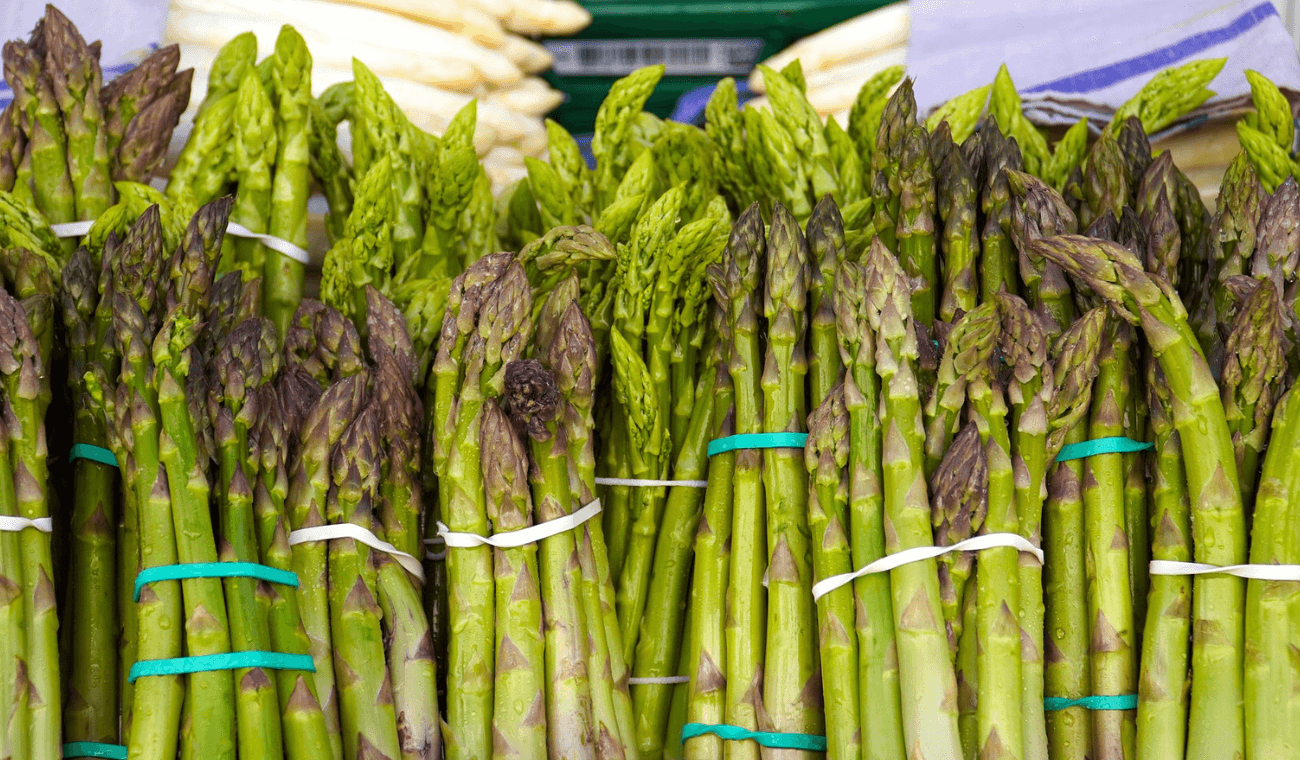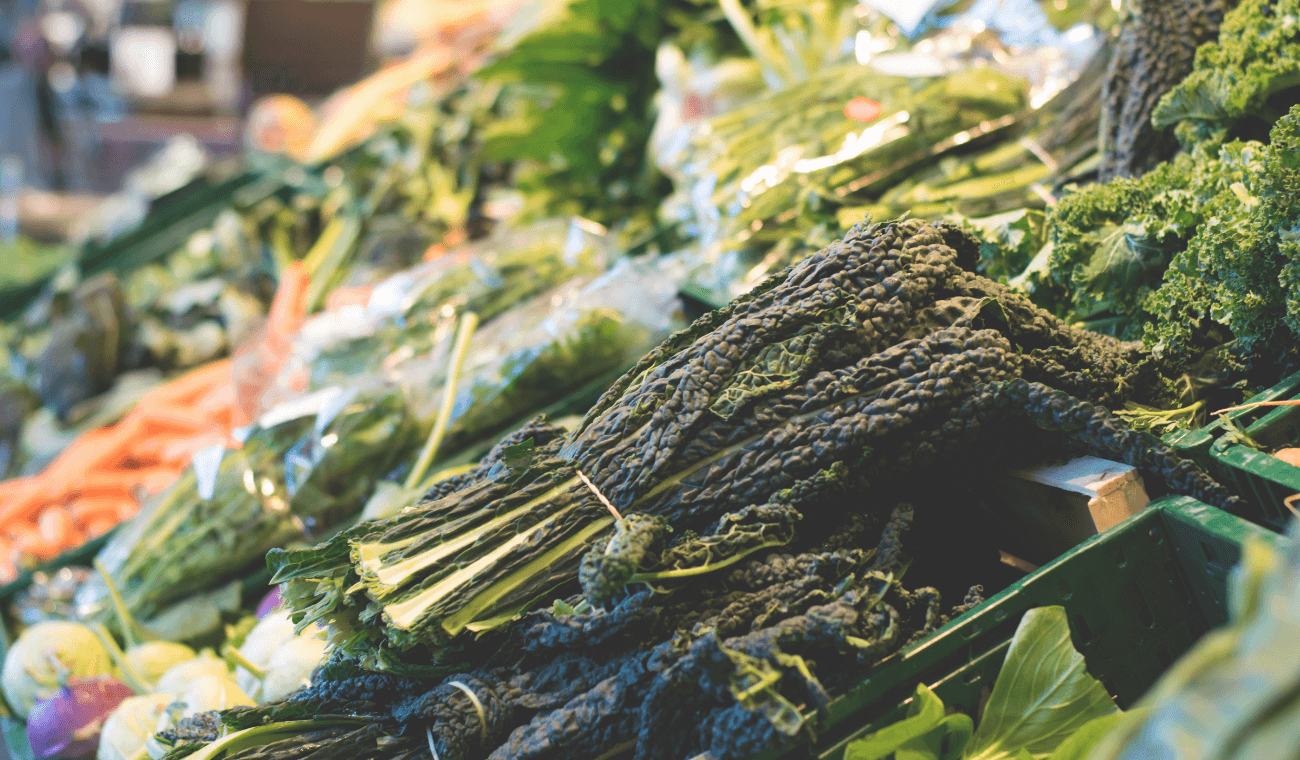Seasonal eating!
Eating seasonally refers to consuming fruits, vegetables, and other foods that are naturally available during a particular time of year where you live. There are several benefits to eating seasonally, including:
- Freshness: Seasonal produce is typically fresher and has more nutrients compared to produce that has been shipped long distances or stored for long periods.
- Better taste: Fruits and vegetables that are in season often have more flavour because they are harvested at their peak ripeness.
- Cost-effective: Seasonal produce is usually less expensive because there is an abundance of it during its peak season, and it doesn’t have to be transported long distances.
- Environmental benefits: Eating seasonally reduces the carbon footprint associated with shipping food long distances. Additionally, consuming local and seasonal food supports small farmers and promotes biodiversity.
- Variety: Eating seasonally provides an opportunity to try new foods and experiment with different recipes and across a year have a varied and balanced diet.
So, we can probably all agree at this stage that seasonal eating will be beneficial. In the UK, some of the seasonal foods available in April include:
- Asparagus – this vegetable is at its best in April and is a popular ingredient in many dishes.
- Rhubarb – a pink stalk that is used in desserts such as crumbles and pies.
- Radishes which are often used in salads.
- Spinach – great for salads and smoothies.
- Spring onions which can be used in salads, stir-fries and soups.
Also, don’t forget that if you have an abundance of seasonal produce, consider preserving it for later use. You can freeze, can, or dry fruits and vegetables to enjoy them year-round. Plus if you are ever unsure what is in-season, popping down to one of the local farmer’s market will normally give you a decent insight into what is being harvested at that time of year.
Happy seasonal eating!












